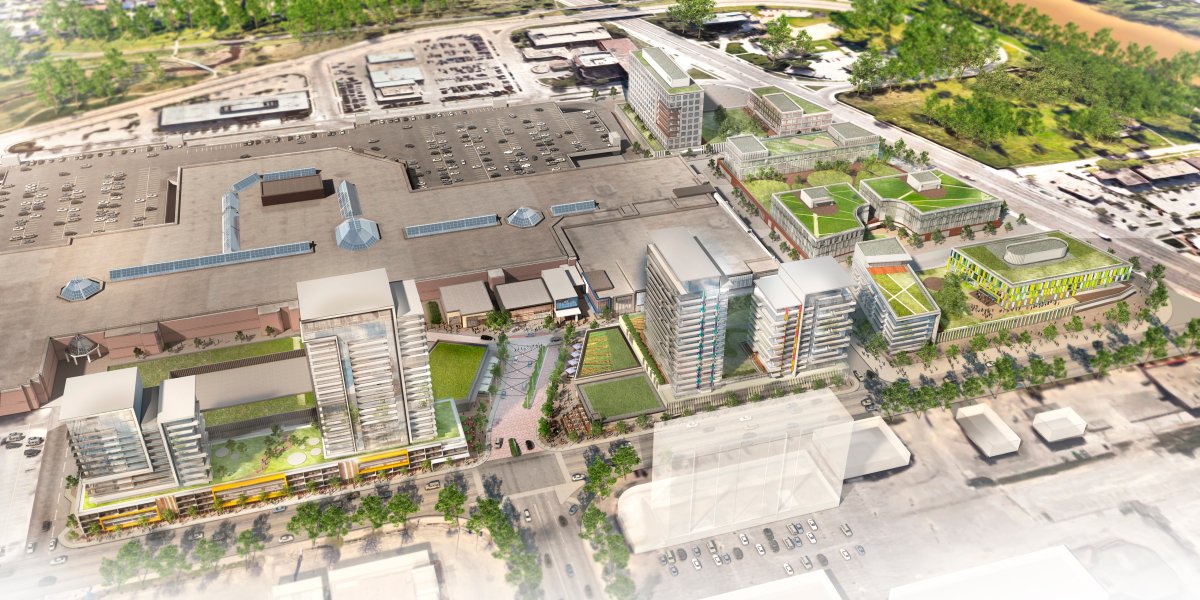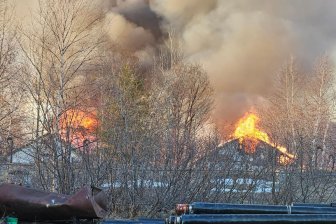The province says noise levels near Winnipeg’s airport are quieter than believed, according to two new reports.

Municipal Relations Minister Derek Johnson said the provincial government has received two reports that review noise levels around the James A. Richardson International Airport.
The last noise studies done near the airports were in the 1990s, he said.

“This is an important and long-overdue step forward for Manitoba’s largest airport and the area surrounding it. Current land-use policies … are based on outdated forecasts of aircraft noise,” said Johnson.
According to Johnson, the study found that predicted noise levels in the area are “substantially reduced” thanks to things like quieter and more efficient aircraft, as well as a different mix of planes flying in the area compared to 25 years ago.
In a report summary entitled Planning Analysis and Recommendations – Winnipeg International Airport, it states that if the province were to adjust land planning allowances based on the new noise levels, thousands of acres of land would become available for development or redevelopment, with restrictions.
Read the report:
That report makes recommendations to the province, including amending the City of Winnipeg Charter to include “more detailed policy language to protect the integrity and operation of airports” and give base planning requirements to make airport land more compatible.
It also suggests the Province analyze the Manitoba Real Property Act and make amendments.
For the city, the report recommends also making amendments to the Airport Vicinity Protection Area Secondary Plan (AVPA).
The studies come after developers Shindico and Cadillac Fairview proposed several new residential, retail and commercial buildings in the area in 2019.
The City of Winnipeg kiboshed the idea, saying the area was too noisy to allow more residential development.
The WAA agreed, noting that the rules around residential development and noise would need to be rewritten before they can get behind more homes being built in the area.
Under the city’s bylaw, residential construction is prohibited around the Polo Park mall site by a set of rules under the AVAP.

The purpose of the AVPA is to “protect the 24-hour air operations of the airport by limiting residential noise complaints.”
Shindico Realty lawyer Justin Zarnowski said the report is consistent with the science they found, but was surprised how much land had restrictions on it which wasn’t needed.
He says the city and the airport should have looked at revising the plan years ago.
“It’s shocking how overly restrictive the previous plan was,” Zarnowski said. “What a dereliction of the duty on the part of the city and the airport to be stewards for our community. They were asleep at the wheel.”
The plan is to go to the municipal board in June where Shindico will continue to make its case.
“We’re hoping the airport finally realizes the science is on our side and say we’re not going to keep standing in your way,” Zarnowski said.
In 2020, the province said it will be updating the land-use rules near the airport.
The Noise Exposure Forecast is the official measurement used in Canada for aircraft noise assessment. Transport Canada considers residential development incompatible with airport operations in areas that exceed specific noise thresholds.







Comments